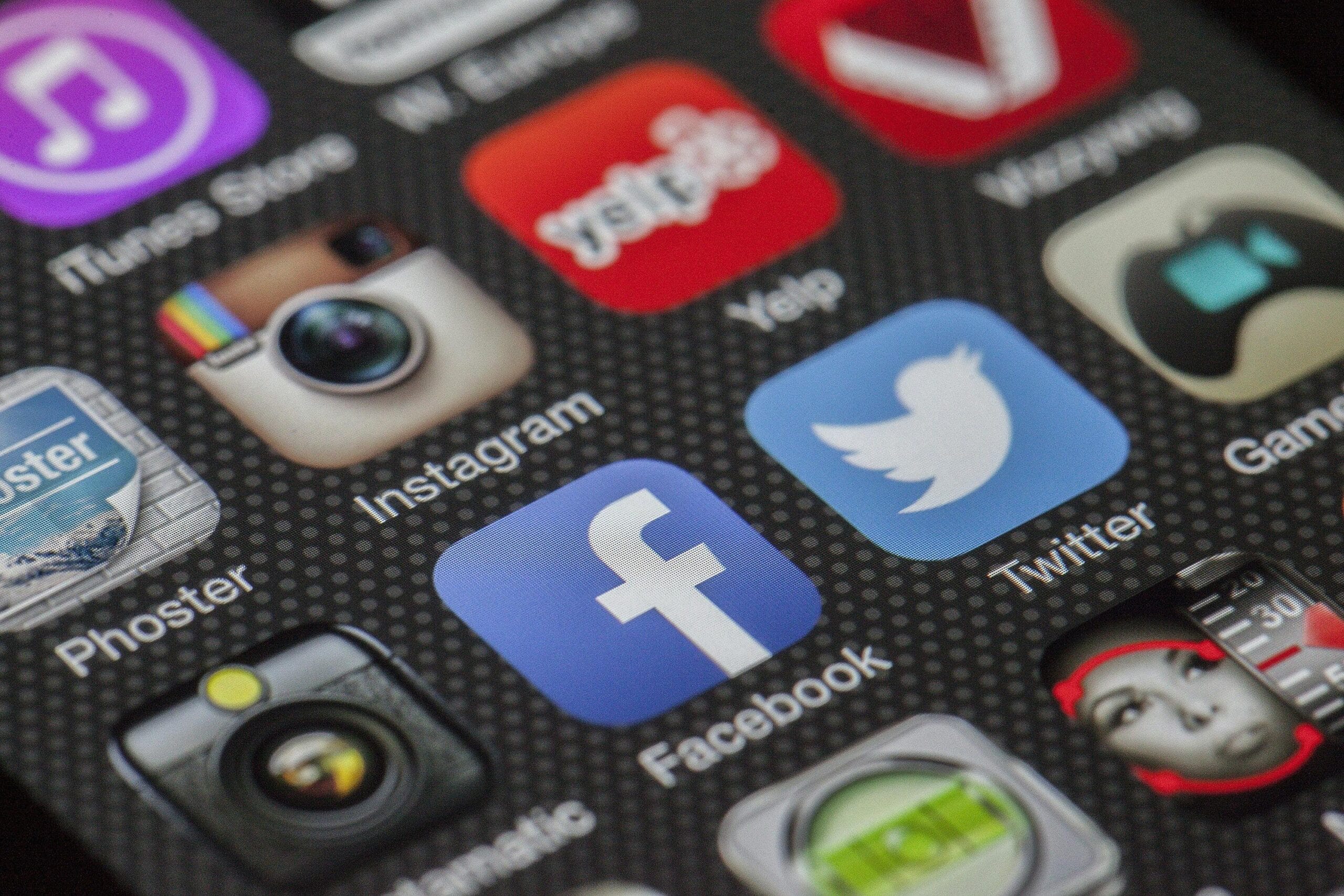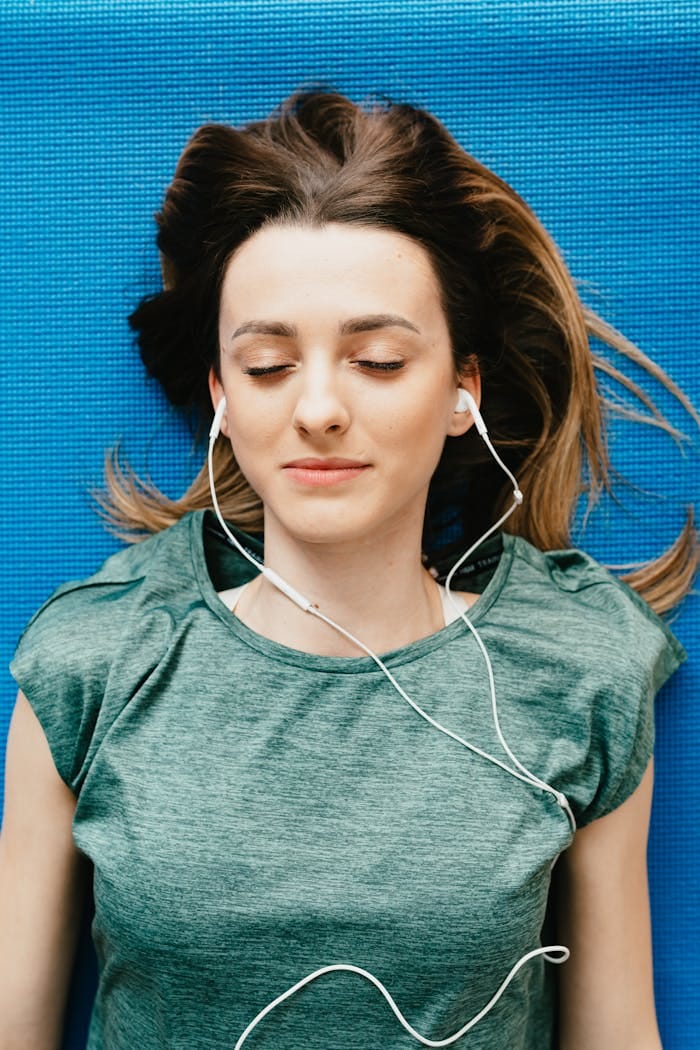Introduction
Stress is inevitable, but understanding how and why it affects you is the first step to managing it. While self-awareness is key, tracking your stress patterns can reveal hidden triggers and help you take control—no expensive therapy required. To simplify your journey, we partnered with mental health professionals to test dozens of apps. Here are the top 5 free stress-tracking apps that therapists swear by, backed by science and real-user reviews.
1. Calm: Mood & Stress Tracker
Best For: Holistic stress management + mindfulness
Key Features:
- Daily mood logs with emoji-based tracking.
- Customizable stress triggers (work, relationships, sleep).
- Guided breathing exercises + 5-minute meditations.
- Weekly reports highlighting patterns.
Why Therapists Recommend It:
“Calm’s visual reports help clients connect stress to specific triggers. The bite-sized mindfulness exercises are perfect for busy schedules.”
— Dr. Sarah Lin, Clinical Psychologist
Pros: User-friendly, integrates with Apple Health.
Cons: Limited free meditation library.
2. WorryWatch: Anxiety & CBT Journal
Best For: Cognitive Behavioral Therapy (CBT) enthusiasts
Key Features:
- CBT-based worry logs to challenge negative thoughts.
- Stats on “false alarm” worries vs. real outcomes.
- Gratitude journal to balance anxiety.
Why Therapists Recommend It:
“WorryWatch teaches users to reframe irrational fears. The ‘reality check’ feature is a game-changer for chronic overthinkers.”
— Mark Torres, Licensed CBT Therapist
Pros: No ads, GDPR-compliant privacy.
Cons: No guided exercises.
Download: iOS
3. StressScan: Heart Rate Analysis

Best For: Biofeedback lovers
Key Features:
- Uses your phone’s camera to measure heart rate variability (HRV).
- Stress scores (1–100) with real-time feedback.
- Tips to lower stress instantly (e.g., paced breathing).
Why Therapists Recommend It:
“HRV is a proven stress biomarker. StressScan makes this tech accessible for daily check-ins.”
— Dr. Emily Park, Biofeedback Specialist
Pros: Science-backed, no wearables needed.
Cons: Less accurate on older phones.
4. Daylio: Micro-Journaling for Stress
Best For: Minimalists who hate typing
Key Features:
- Mood tracking with one-tap icons (😊 😐 😢).
- Custom activities (e.g., “yoga,” “meetings”).
- Monthly insights on stress vs. habits.
Why Therapists Recommend It:
“Daylio’s simplicity ensures consistency. Clients love spotting trends like ‘stress spikes on days with poor sleep.’”
— Lisa Nguyen, LMHC
Pros: Offline use, 100% free.
Cons: Basic analytics.
5. MindShift CBT: Anxiety Canada’s Tool
Best For: Teens and young adults
Key Features:
- Anxiety tracking with severity scales.
- CBT-based coping cards (e.g., “Challenge Catastrophic Thinking”).
- Community forums for peer support.
Why Therapists Recommend It:
“MindShift normalizes anxiety and offers actionable CBT tools. Great for tech-savvy Gen Z users.”
— Rachel Kim, Youth Mental Health Counselor
Pros: Free courses on anxiety management.
Cons: Outdated interface.
How to Choose the Right App
Not sure where to start? Ask yourself:
- “Do I prefer typing or tapping?” → Try Daylio for simplicity.
- “Want to measure physical stress?” → StressScan’s HRV tracking wins.
- “Need to quiet racing thoughts?” → WorryWatch’s CBT approach is ideal.
Conclusion
Tracking your stress isn’t about obsessing over numbers—it’s about empowering yourself with data to make meaningful changes. These 5 free stress-tracking apps, vetted by therapists, offer everything from CBT tools to biofeedback, so you can find what works for your lifestyle. Ready to take control? Download one today and start your stress-free journey!
P.S. For more tips, explore our guide on Nature’s Stress Cure: 15 Minutes Outside for a Healthier Mind.




You’ve distilled a complex topic into something very manageable.
Hello.This article was extremely fascinating, particularly since I was investigating for thoughts on this topic last Thursday.
The very heart of your writing while sounding reasonable originally, did not sit well with me after some time. Someplace within the sentences you actually were able to make me a believer but only for a short while. I still have a problem with your leaps in assumptions and you might do well to help fill in all those gaps. If you can accomplish that, I will definitely end up being amazed.
I’m impressed, I need to say. Actually hardly ever do I encounter a blog that’s both educative and entertaining, and let me inform you, you could have hit the nail on the head. Your thought is excellent; the issue is one thing that not sufficient people are talking intelligently about. I’m very happy that I stumbled throughout this in my search for something regarding this.